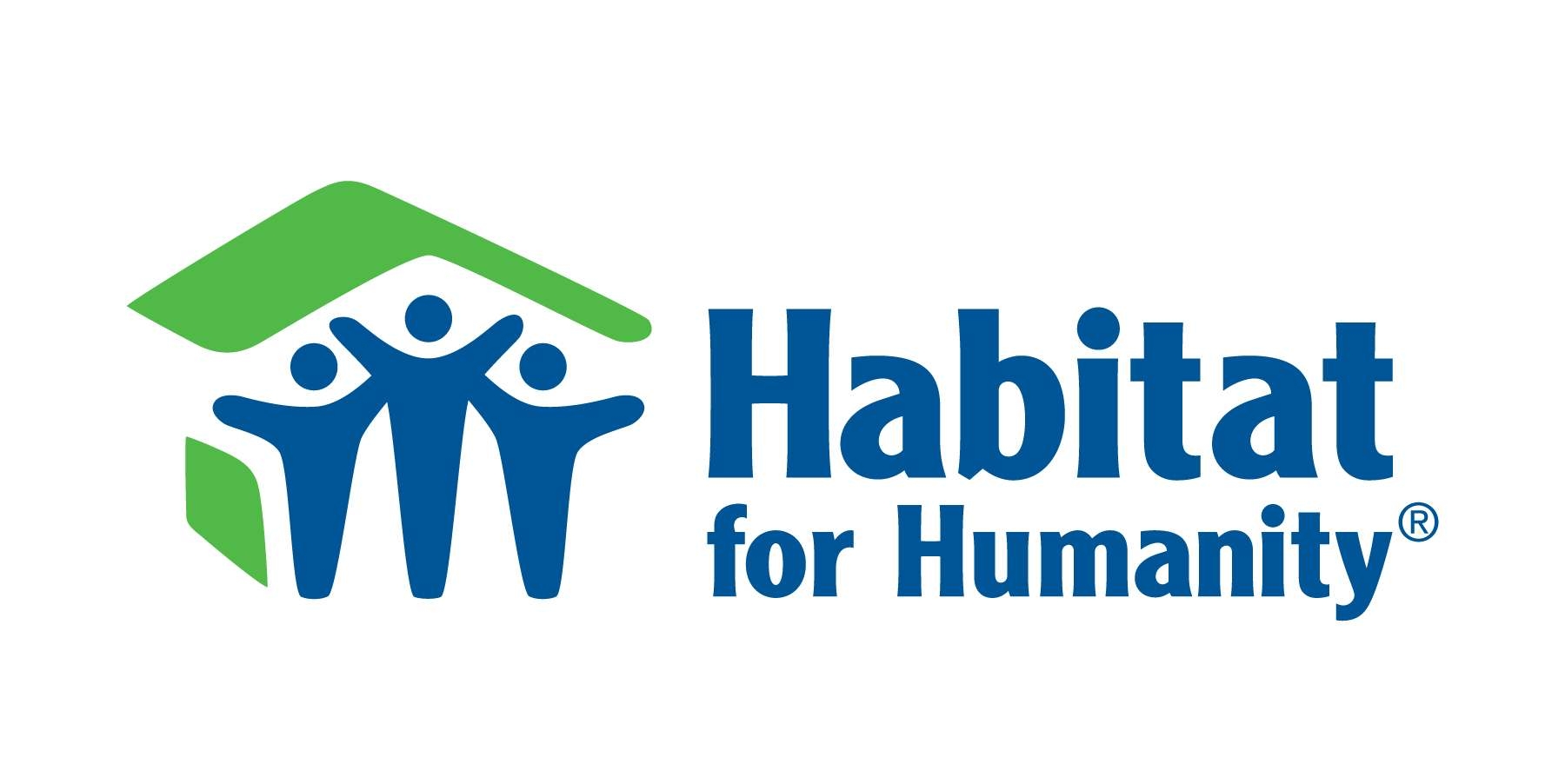About Habitat for Humanity International
Habitat for Humanity International's vision is a world where everyone has a decent place to live. Since 1976, Habitat has helped more than 6.8 million people gain strength, stability and independence through housing, including home construction, rehabilitation and repairs and by increasing access to improved shelter through products and programs. Habitat also advocates to improve access to decent and affordable shelter and offers a variety of housing support services that enable families with limited means to make needed improvements on their homes as their time and resources allow. As a nonprofit Christian housing organization, Habitat works in more than 70 countries and welcomes people of all races, religions and nationalities to partner in its mission.
About Habitat for Humanity International – Latin America and the Caribbean Region (HFHI-LAC)
HFHI through its National Offices or partners is building up an extensive network of allies at both national and local levels in Argentina, Bolivia, Brazil, Chile, Colombia, Costa Rica, Dominican Republic, El Salvador, Guatemala, Guyana, Haiti, Honduras, Mexico, Nicaragua, Paraguay, Peru, and Trinidad and Tobago; carrying out a remarkable work related to land, disaster risk reduction, water and sanitation, community development, housing construction, advocacy, and housing finance issues. Particularly relevant to land the HFHI-LAC Area Office coordinates the GLTN LAC Urban Cluster, a land-focused collective space to activate alliances, mobilize skills, build capacities and engage decision makers, CSO leaders, private sector, academia and communities in innovative land instruments (existing or new) that may develop, accelerate and scale up processes of change and empower the most vulnerable to face the challenges posed by the growth of cities, urbanization, planning, land management, administration and secure tenure. Local and regional land related initiatives are leveraged by ongoing “Solid Ground” HFHI Land Advocacy Global Campaign, and contributing to HABITAT III global process.
Members:
Resources
Displaying 316 - 320 of 320Código de Notariado Ley N°314-1946 – Guatemala
SUMILLA : Procedimientos notariales RESUMEN :Esta ley pretende normar quienes pueden ejercer el notariado estableciendo que Ser guatemalteco natural, mayor de edad, del estado seglar, y domiciliado en la República, Haber obtenido el título facultativo, haber registrado en la CSJ el titulo, la firma y sello usual a utilizar, Ser de notoria honradez.
Ley No. 344 – 1943 Establece un procedimiento especial para las expropiaciones instrumentadas por el Estado, el Distrito Santo Domingo o las comunes – República Dominicana
SUMILLA: En esta ley se reportan adiciones de artículos por la ley 177 del 16 de junio de 1971 y modificaciones dadas por la ley 700 del 31 de julio de 1974.
Ley N° 390-1940 – Concede capacidad de los derechos civiles a la mujer dominicana – República Dominicana
SUMILLA: Modifica los Arts. 213 al 216, 226, 420, 442, 776, 1096, 1124, 1125, 1304, 1312, y 1940 del Código Civil; modifica el inciso 6° del Art. 83 del Código de Procedimiento Civil, reformado por el Decreto del 14 de junio de 1889; abroga los artículos 217 al 225, 399, 400, 905, 934 y 1029 del Cód. Civil, y los Arts. 4 y 5 del Cód. de Comercio. RESUMEN : Esta Ley declara que la mujer mayor de edad, sea soltera o casada, tiene plena capacidad para el ejercicio de todos los derechos y funciones civiles, en iguales condiciones que el hombre.
Ley de la Liga Municipal Dominicana N° 49-1938 – República Dominicana
SUMILLA: Crea la Liga Municipal Dominicana, cuyo objetivo es entre otras, promover las relaciones y cooperación entre los municipios de la República Dominicana, en la solución de sus problemas, desarrollo de sus planes de progreso, y en todo cuanto propenda al mayor bienestar de sus respectivas localidades.
DECRETO N° 76 – 1906 Código Civil Honduras
SUMILLA: Regulación de derechos de carácter particular, de los bienes, de la propiedad, de los modos de adquirir la propiedad, y de las obligaciones y contratos. RESUMEN: El Código consta de un título preliminar y cuatro libros, a saber: I -De las personas; II- De los bienes, de la propiedad y de sus modificaciones; III- De los diferentes modos de adquirir la propiedad, y IV- De las obligaciones y contratos. Contiene 2372 artículos.




